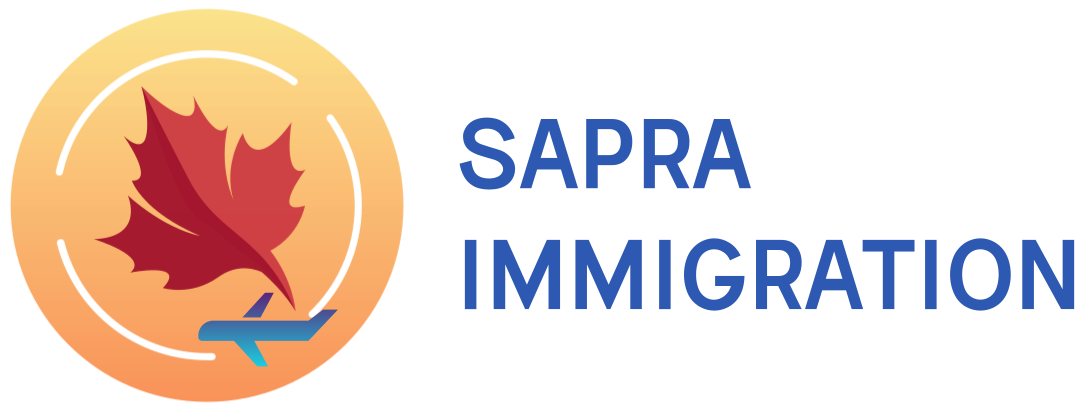
What Does It Mean to Change Status to Visitor?
When Should You Consider Changing Your Status?
Changing your status to a visitor may be appropriate if:
● You are finishing your studies and do not plan to apply for a post-graduation work permit
● Your work permit is expiring and you need time to prepare for your next steps
● You want to remain in Canada temporarily for personal, medical, or family reasons
Important: You must apply before your current status expires.
Who Is Eligible to Change Status to Visitor ?
To be eligible, you must:
● Be physically present in Canada
● Hold valid temporary resident status (e.g., study or work permit)
● Intend to stay temporarily for purposes other than work or study
● Have sufficient funds to support yourself during your stay
● Apply before your current status expires
How to Apply to Change Your Status ?
You must submit an application to extend your stay in Canada as a visitor. This is done through an online application for a visitor record via your IRCC account. The steps include:
● Completing the IMM 5708 form (Application to Change Conditions, Extend Stay, or Remain in Canada)
● Uploading proof of current status and a letter explaining your reason for the status change
● Providing financial proof and a valid passport
● Paying the applicable fee
● Submitting the application before your current permit expires
What If You Are Waiting for a Decision?
If you apply before your current status expires, you can remain in Canada under maintained status (formerly “implied status”) while IRCC processes your application. During this time:
● You must stop studying or working, if your new request is for visitor status
● You can remain in Canada legally until a decision is made
After Approval
If approved, you will receive a visitor record, which allows you to stay in Canada legally as a visitor. Note:
● A visitor record does not allow re-entry to Canada if you leave
● If you plan to travel and return, you may also need to apply for a TRV or eTA, depending on your nationality
Unsure About Your Next Steps?
Changing your status can be a sensitive process with tight deadlines. Our RCIC-led team is here to help ensure you remain in compliance with Canadian immigration rules and protect your future application options.
